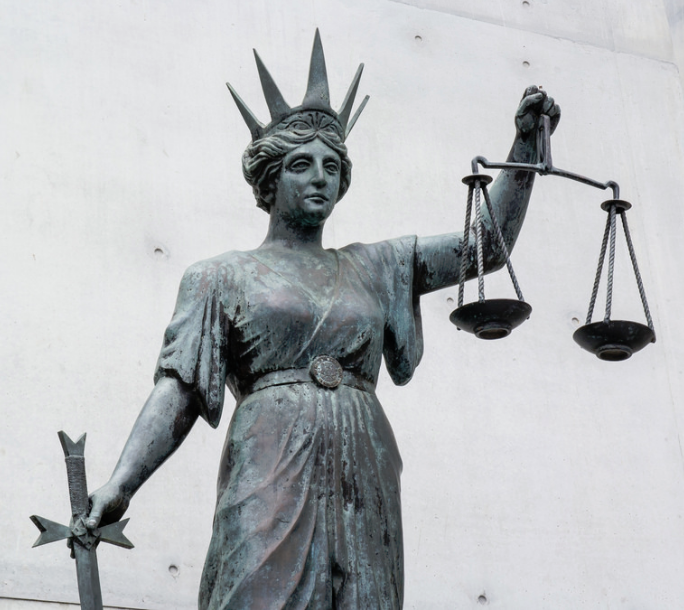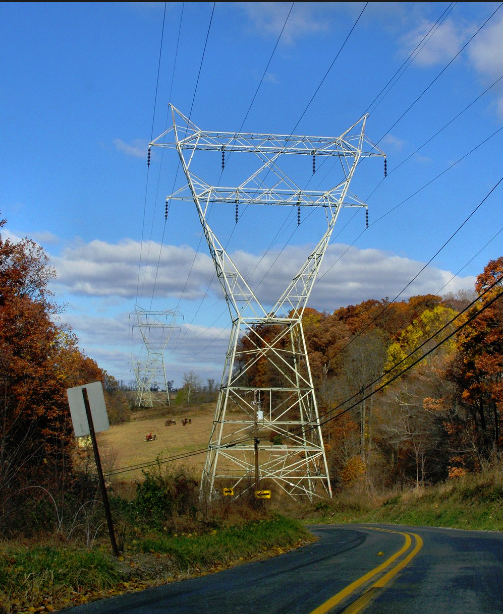Last week, Lindley Law discussed the elements of tortious interference with expected inheritance, which can occur when an individual maliciously interferes with the making or revocation of a will to the detriment of the plaintiff. This blog will address a similar but distinct tort: tortious interference with contract. The Elements In North Carolina, to prove tortious interference with expected inheritance, a plaintiff must allege: A valid contract existed between the plaintiff and a third party, which conferred contractual rights upon the plaintiff against the third party; The defendant had actual knowledge of the contract between the plaintiff and the third party; The defendant intentionally induced the third…
-
-
TORTIOUS INTERFERENCE WITH EXPECTED INHERITANCE
North Carolina recognizes a cause of action for tortious inference with expected inheritance. This cause of action can be confused with tortious interference with prospective economic advantage, which occurs in the context of a contract or potential contract. Conversely, tortious interference with expected inheritance occurs in the context of a will or estate, rather than in the context of a contract or potential contract. Further, unlike a cause of action for undue influence, which permits recovery by the testator (the person executing the will), tortious interference with expected inheritance permits recovery by the individual expecting to benefit from the testator’s will. The Elements To prove tortious interference with…
-
LAMARRE V. MARTINEZ: A (QUIET) DISCUSSION OF ACTIONS TO QUIET TITLE
The recent North Carolina Court of Appeals decision in LaMarre v. Martinez addresses an action to quiet title between parties to a real property transaction. Specifically, the court provides guidance for determining the applicable statute of limitations. Actions to Quiet Title In North Carolina, an action to quiet title may be brought to determine the validity of adverse claims by multiple persons to an estate or an interest in real property. The court’s role in such actions is to determine the rightful owner to a particular piece of real property. Disputes over rightful ownership to real property often arise in the context of interfamilial transfers or transfers that…
-
Breach of Fiduciary Duty vs. Constructive Fraud – Which Claim Do You Have?
Breach of Fiduciary Duty: A fiduciary is an individual or corporation to whom property or power is entrusted for the benefit of another. Fiduciaries must prudently care for any such assets, and may also have a number of additional duties, depending on the nature of their fiduciary relationship. These duties include, without limitation: a duty of good faith and fair dealing, a duty of loyalty, a duty of impartiality, a duty to delegate, a duty to inform, and a duty to maintain adequate records. To succeed on a breach of fiduciary duty claim, the plaintiff must prove…
-
A Twenty-Year Statute of Limitations for Challenges to Easement Encroachments
Easements in North Carolina just got a little easier to maintain and, if necessary, litigate. The Supreme Court of North Carolina ruled in August 2016 that easement holders have twenty years within which to file a suit for the removal of easement encroachments. This overruled previous case law requiring easement holders to file a suit within six years.[1] There are many different types of easements, but put simply, easements are a right to traverse or otherwise use someone else’s land for a specified purpose. For example, one could have an easement to cross over their neighbor’s land to access a home or a fishing pond.…
-
Kissing Cousins: Breach of Fiduciary Duty and Constructive Fraud
Breach of fiduciary duty and constructive fraud are probably the most conflated causes of action in fiduciary litigation. If you can’t readily discern between them, you’re in good company—many practitioners allege them in tandem as a single claim for relief, and a number of opinions from our appellate courts treat them likewise. Breach of fiduciary duty and constructive fraud are nonetheless distinguishable in two important ways. To prevail on a claim for breach of fiduciary duty, the plaintiff must prove: (1) the existence of a fiduciary relationship, (2) a breach of the duty owed, and (3) damages proximately caused by the breach. See Green v. Freeman, 367 N.C. 136,…





